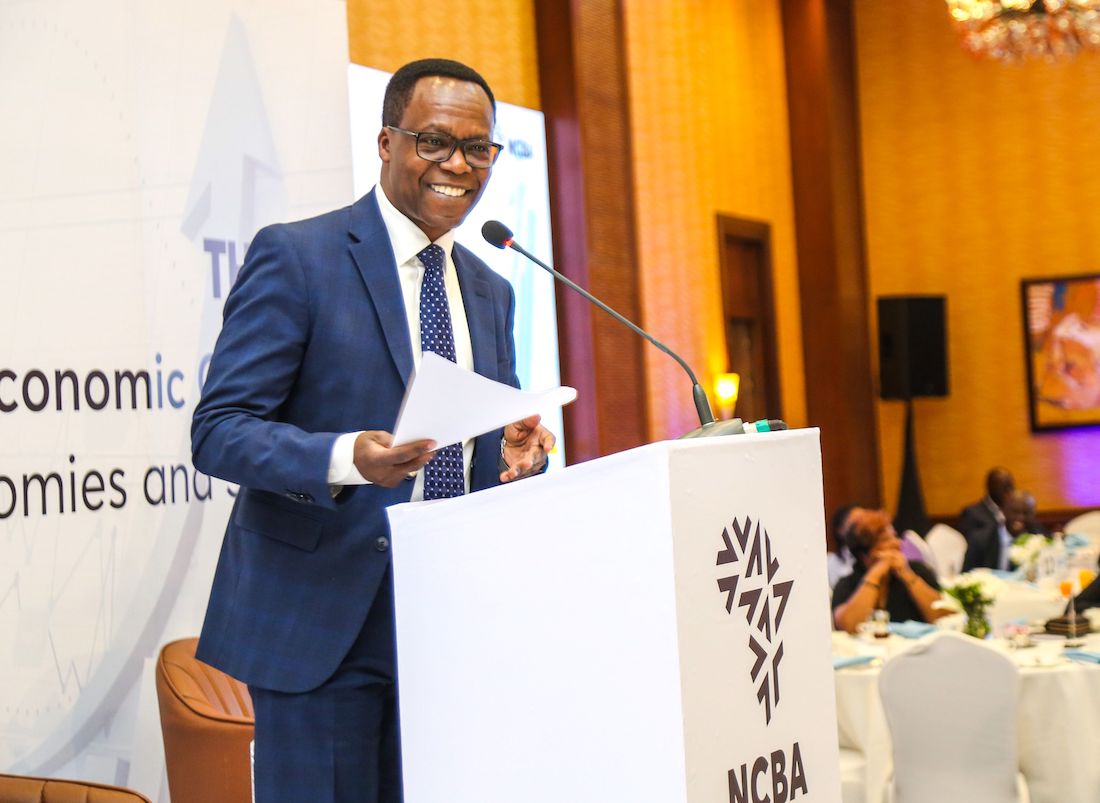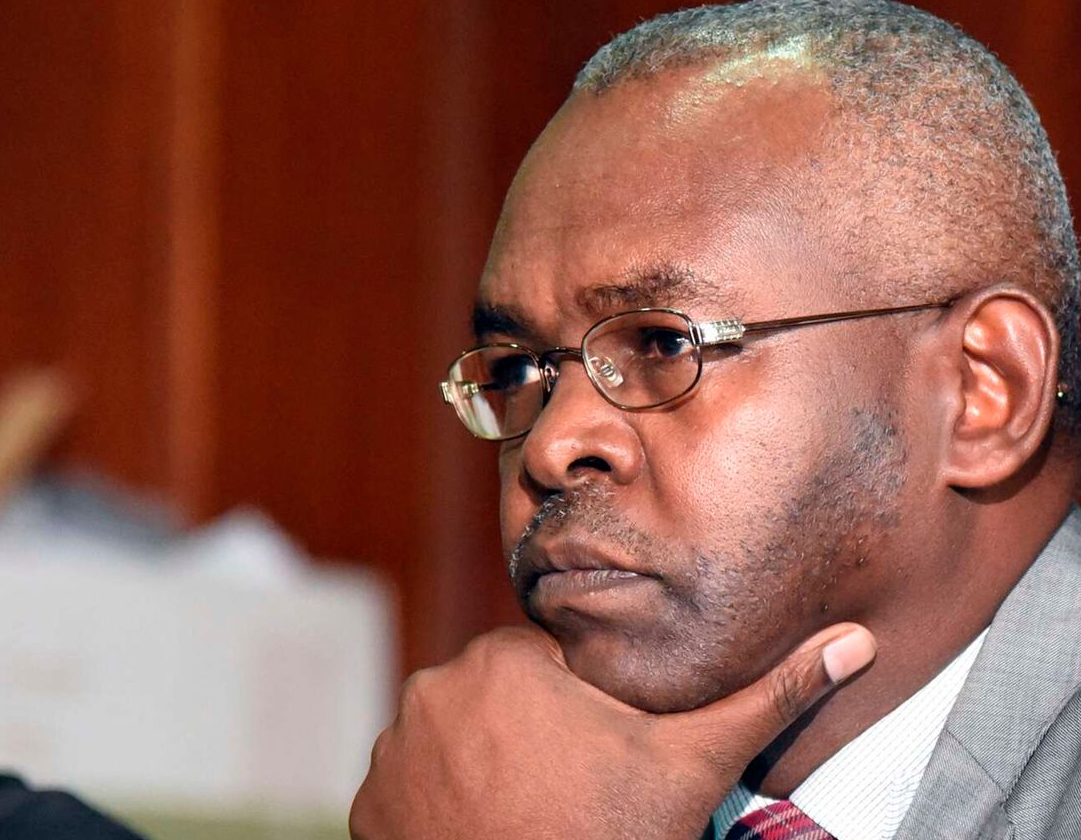NCBA Economic Forum has projected the economy to grow by up to 6% in 2024, supported by a rebound in agriculture, resilience in services sector, and impact of government measures aimed at stimulating growth in priority sectors of the economy including such as agriculture and manufacturing.
NCBA, however, notes that the unprecedented cost of living pressures negatively impacting on household balance sheets will continue to push more people into economic challenges.
Speaking during the NCBA economic outlook briefing themed, 2024 Macroeconomic Outlook: Divergence Across economies and Sectors’, NCBA Bank Group Managing Director, Mr John Gachora, said despite the biting cost of living, significant progress continues to be made. He noted that the Government has continued to make the necessary adjustments required to restore more durable macroeconomic stability, which remains a key prerequisite for long-term growth.
“We have seen the government roll out significant fiscal adjustments with an outlined multi-step fiscal consolidation path anchored at a target deficit of 3% of GDP and a medium-term revenue strategy necessary to achieve long-term growth,” Mr Gachora said.
With these “growth positive” adjustments, he said NCBA experts expect GDP to grow at 4.9% in 2023 and maintain an upward trend into 2024.
This year’s 8th edition of the forum was attended physically and online by over 1000 NCBA corporate customers drawn from various sectors including manufacturing, agriculture, among others. Key speakers included Central Bank of Kenya (CBK) Deputy Governor – Dr Susan Koech, Chairperson, Presidential Council of Economic Advisors – Dr David Ndii, CEO Institute of Economic Affairs – Kwame Owino, Executive Director Kenya institute of Public Policy and Research- Dr Rose Ngugi and Head of policy Research & advocacy , Kenya Association of Manufacturers, Job Wanjohi.
>> Iconic Nairobi Safari Club Changes Name Under New Management
NCBA Economic Forum was launched in January 2018 to bring together the government and industry stakeholders for candid conversations meant to spark economic growth.
Central Bank of Kenya (CBK) Deputy Governor, Dr Susan Koech, who was the chief guest said, despite global uncertainties, Kenya’s growth has remained strong and is expected to remain above the global and SSA averages in 2023 and 2024, pointing to the resilience and diversified nature of the economy.
“The economy grew by 4.% in 2022, well above the sub-Saharan Africa region average growth of 4% and the global average of 3.5%. The CBK expects the economy to grow by 5.5% in 2023 and close to 6% in 2024,” Dr Koech said.
She noted that overall inflation has since declined from a peak of 9.6% in October 2022 to 6.9% in October 2023, which is within CBK target range.
CBK monetary policy
“The decline reflects the impact of monetary policy measures adopted by CBK, easing food prices attributed to favourable weather conditions, and the government measures to zero-rate key food imports and enhance food production through subsidy on fertilizer prices,” she added.
Agricultural output is expected to expand by about 5.0% with agri-export flows (including coffee, tea and horticultural crops) expected to remain within their long-term-average trend performance. However, this could surprise on either side given the risk of weather volatility.
The manufacturing sector could remain weak at an annual growth of 2.6% given the sustained household budgetary strain, while the overall infrastructure spend by both the government and private sector will see low growth of 4.0% in the Construction sector.
>> Equity Bank CEO James Mwangi On Refugees Creating Wealth
NCBA noted that the Kenya’s economic growth path potentially faces several challenges including foreign exchange pressure occasioned by weak shilling and low official FX reserves, uncertain weather conditions and persistently high inflation. Other challenges are geopolitical risks characterized by heightened financial markets risks and global commodity price volatility, as well as fiscal sustainability in regard to public debt service strain and further accumulation of pending bills.
“However, the government seems on course to honour its external public debt obligations in 2024. With an ongoing IMF program, Kenya is expected to benefit from improved market confidence into 2024,” NCBA concludes.













Leave a comment